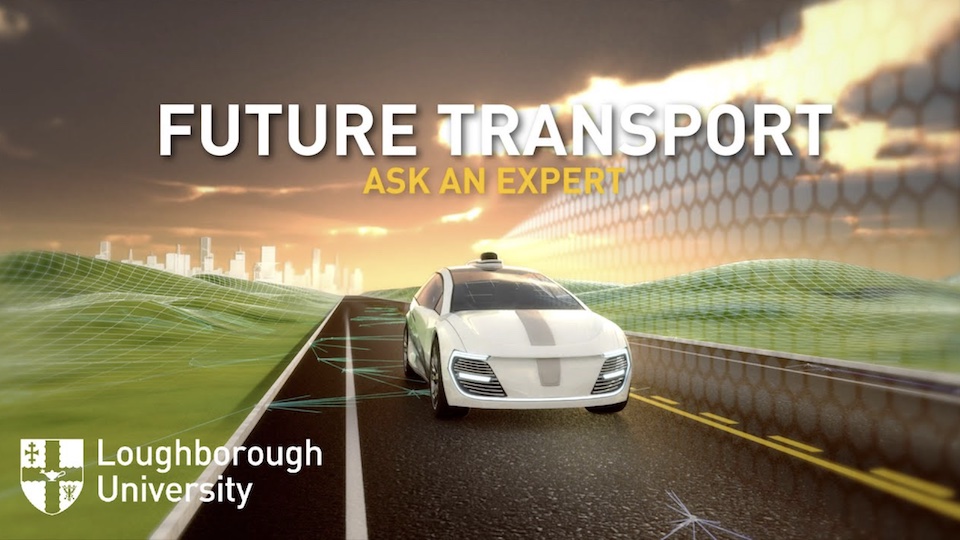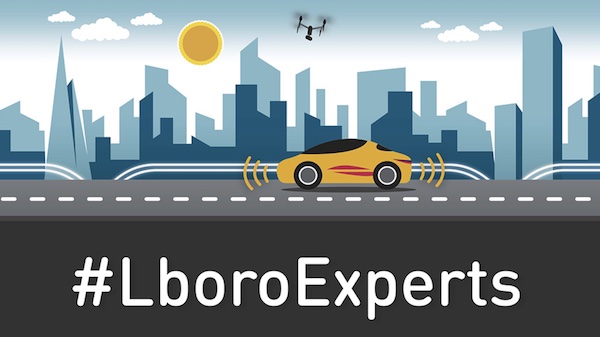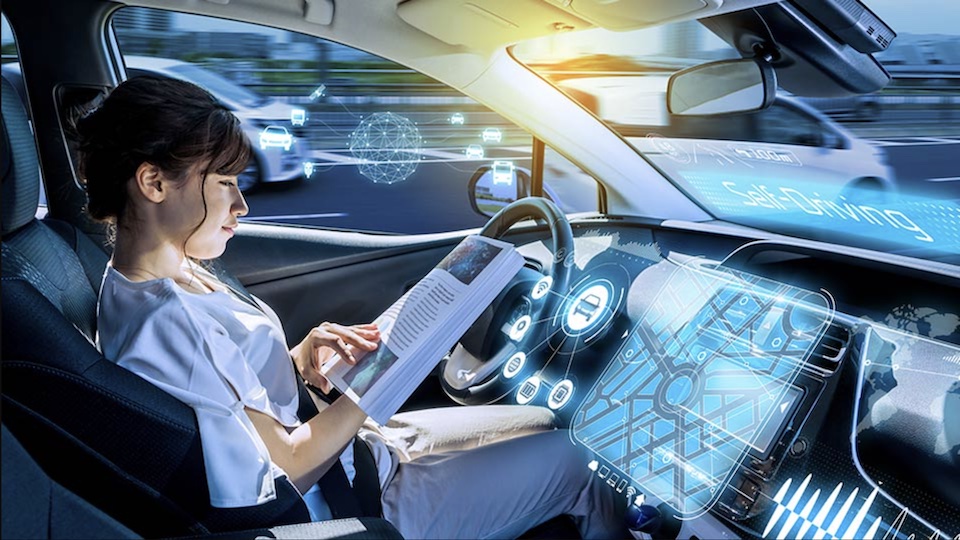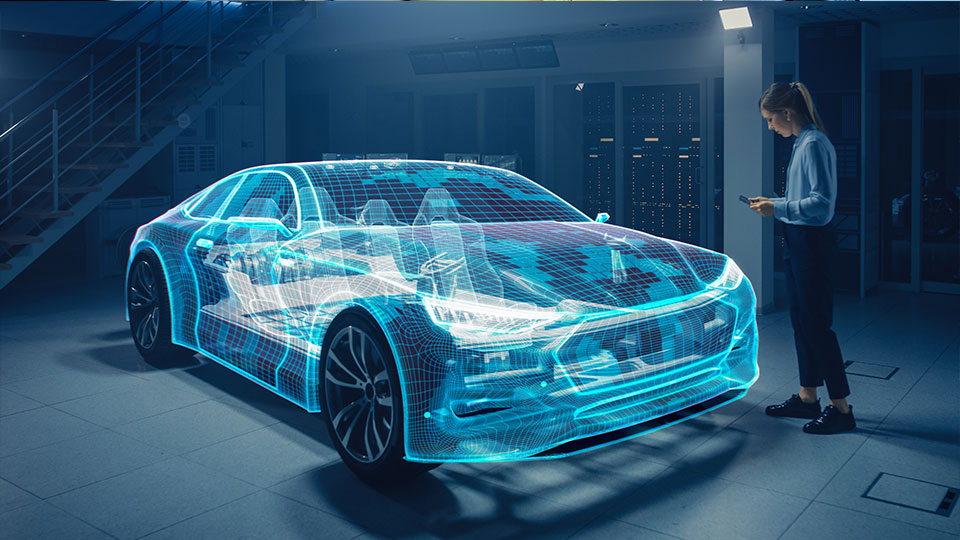What will our cars look like if they become fully autonomous? What’s the likelihood of vehicle-to-grid being successful? Will flying cars be safe? Or will they present new dangers?
Ponder no more as we have asked some of your weird and wonderful questions on the future of transport to a panel of #LboroExperts from different research backgrounds.
Professor Andrew Morris, Professor Martin Passmore, Professor Jin Xuan, Dr Tracy Ross and Dr Ashleigh Filtness have shared their thoughts on how we may be travelling in the decades to come.
We’ve included some of our favourite Q&As and a video of the full interview can be viewed below – it covers everything from time travel to train delays!
How safe are driverless cars?
“A very good question as, at the moment, we simply don’t know the answer and that’s why we’re doing a lot of research in this area", said Professor Morris, an expert in Human Factors in Transport Safety.
“We think on the whole they will be pretty safe and the evidence in laboratory tests and on test tracks suggests there’s a high degree of safety associated with these vehicles.
“But if you look at what’s happening with things like Waymo cars (the Google cars driving around North America) you find they have only logged around 100 million miles and really you need about three times that amount of travel in a fleet of 100 vehicles with no accidents at all to be confident the vehicles are entirely safe."



